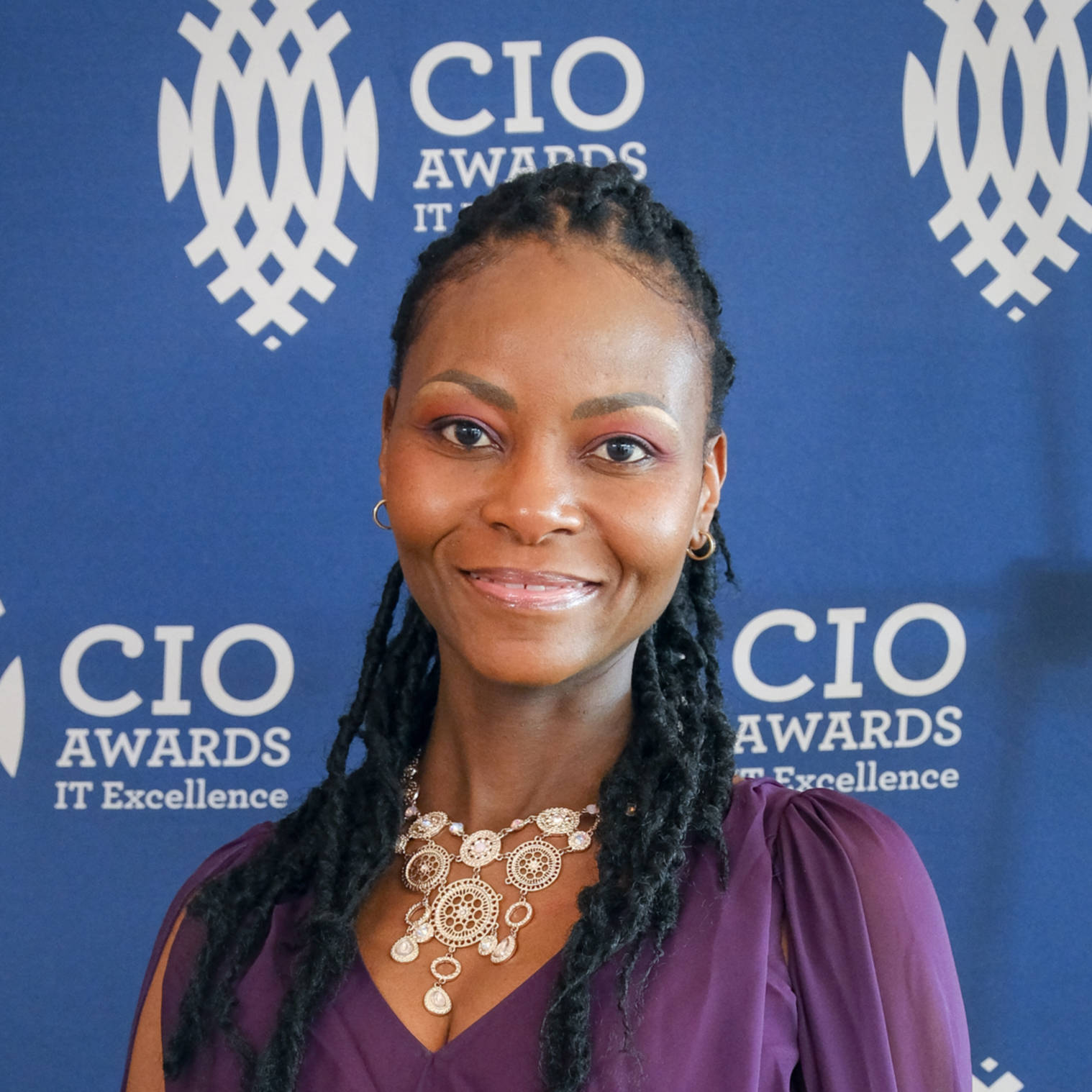In her role as HR manager, Elizabeth’s purpose is to help those who help others.
Care for AIDS is an organisation that exists to empower people to live a life beyond AIDS through partnerships with churches in caring economically, spiritually and physically for families affected by HIV/AIDS in Kenya, Tanzania and Uganda.
A teacher by training, Elizabeth Odero-Mboya, their HR manager, taught in high schools. The principal at one of the schools she worked at was unfair in his labour practices, and her desire to serve in HR was born, she says: “The experience made me want to take care of people and introduce fairness to the workplace.”
Journey into HR
In order to successfully make the transition to HR, Elizabeth went back to school to pursue a Higher National Diploma in HR Management, and then landed a volunteer position with Outreach Community Schools, a Christian organisation offering affordable education for the less privileged in Mathare informal settlement in Kenya, where she served for five years.
“I was managing the administrative elements of the organisation, such as helping with putting records in place, managing teachers’ attendance and leave, helping arrange scholarships and facilitating what was needed,” she says. It was a great opportunity to get first-hand experience of HR’s inner workings.
While there, she saw an advertisement for scholarships by Coca-Cola Africa, for a leadership development programme at the United States International University of Africa (USIUA).
She was selected as one of six recipients in east and central Africa and got an executive master’s in leadership and organisational management. A self-described continuous learner, she is currently doing her master’s thesis on motivational factors that influence millennial retention.
She also worked for four years as a human resource consultant at Strategic Dimensions Limited, a management and development consultancy firm in Nairobi, Kenya, where she was able to satisfactorily complete major tasks in human resource management for various organisations.
In 2015, she joined Initiative Consultants Limited, a consultancy firm offering intervention solutions in areas of capacity building, management consulting, research and development, and outsourced HR functions support services. Here she oversaw HR functions of staff working for a project in western Kenya on behalf of Vestergaard Africa.
Finding meaning in HR
Elizabeth has a heart for giving back and has invested her talents in the NGO sector. She joined Care for AIDS in April 2018 and her focus has been on attracting and retaining talent, taking care of staff welfare, onboarding and staff motivation.
“I deal with day-to-day people issues, managing KPIs for different staff so that expectations are clear, and working on performance management, hand in hand with the heads of department.”
She says that since becoming an HR leader, she has had to develop in many areas, and an area she specifically struggles with is having tough conversations. She says her personality is such that she’s not comfortable with confronting issues.
“My leadership voice is a guardian/nurturer and I have had to grow and take issues head-on. For example, as a leader in a growing organisation I have had to confront issues around ensuring how appointments are done, and that policies and rules are followed.”
She is also a full member of Institute of Human Resource Management (IHRM).
Evolving to respond to tough times
Care for AIDS operates in Tanzania (Dar es Salaam and Mwanza), Uganda (Kampala) as well as in Kenya with sites in Nairobi, Mombasa, Kilifi, Kisumu and Homabay.
Most of the work is high touch, with face-to-face counselling and support, and Elizabeth says the Covid-19 pandemic forced an overhaul in how they work.
“With offices closed, teams had to work from home. One-on-one counselling with clients had to switch to tele-counselling via phones and online platforms.” Elizabeth’s role was putting in place new norms of operating. “Work from home was a new concept, so we had to come up with new policies, guided by ILO and Ministry of Health regulations,” she says.
“This meant we had to redefine the workplace and think about our approach to injury, liability, and provision of work tools such as connectivity and workstations.”
She adds that effectively delivering their counselling and support services requires a high level of confidentiality, so she had to grapple with how to ensure that privacy is maintained in sessions, and ensuring that people were productive as they worked remotely.
On the upside, she says:“We realised that we could still work virtually, cut down on our travel time and expenses, and still meet our objectives. We had to step up our technology skills very fast, but that will benefit us going into the future.”
Beyond work
Outside of work, she spends time with her family. Her husband of 22 years is an IT professional, and they have three children. Their oldest son, who is 21 years old, is following in his father’s shoes and pursuing a career in computer science.
The youngest are girls, one aged 16, in high school and the other is a 12-year-old in middle school.
Elizabeth’s faith is important to her, and she serves with a small group of women at Christ is the Answer Ministries (CITAM) church whose objectives are spiritual growth, improvement in health, fostering friendship and helping the community.
When she’s not at church, she loves cooking and reads a lot, and is currently enjoying The Five Dysfunctions of Team by Patrick Lencioni.












